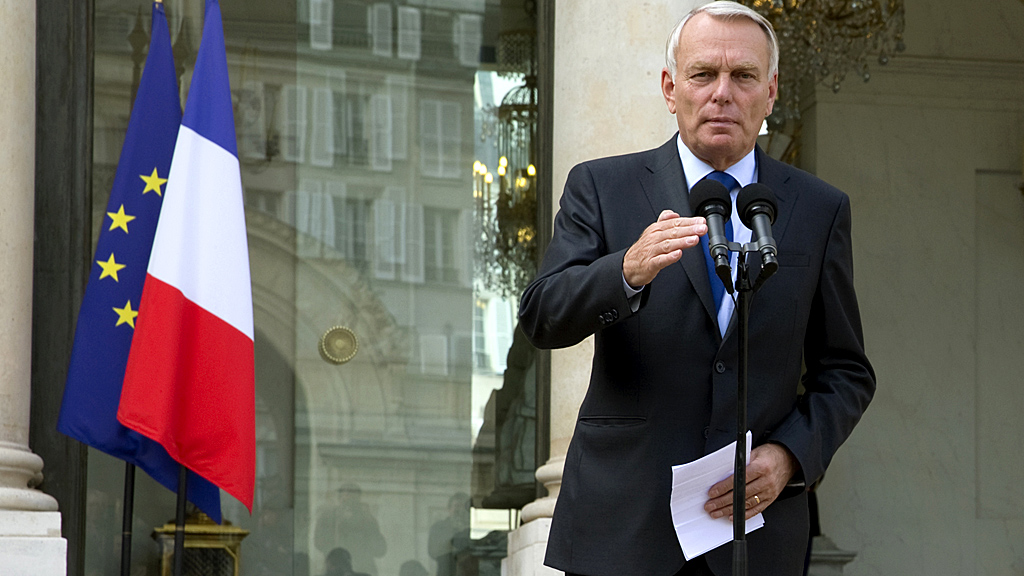France’s ‘fighting budget’ is toughest in 30 years
French Prime Minister Jean-Marc Ayrault hits the wealthy with “a fighting budget” that will raise taxes on the super-rich, but leave 90 per cent of taxpaying households untouched.

The aggressive measures to tackle the country’s soaring debt, up by a third in the last four years, are expected to raise some 30 billion euros for the nation’s coffers.
France’s 2013 budget aims to narrow the deficit to 3 per cent of national output next year from 4.5 per cent this year – the country’s toughest single belt-tightening in 30 years.
Mr Avrault said: “This is a fighting budget, this is a fighting budget to restore the country to health. This is a fighting budget to fight a debt that doesn’t stop rising and whose bill is being footed by the French and by future generations.
“This is a fighting budget for social justice. And it’s a fighting budget for growth, the preparation of the future. It is a courageous and responsible budget.”
However, the budget’s austerity goals may prove tough at a time when the French economy is expected to grow by just 0.8 per cent next year, a level that some economists doubt the country can achieve.
It is a courageous and responsible budget French Prime Minister, Jean Marc Avrault
France’s leading share index, the CAC40, had slipped into the red by midday. Meanwhile Gilles Carrez, Conservative chairman of the French parliament’s finance committee, criticised the budget.
He said: “Never have households and companies been subjected to such a fiscal shock. It’s a very bad choice. More savings should have been made…
“There are no structural measures. Therefore, it’s a short term-focused budget with no vision. There’s nothing about the competitiveness of companies whereas that should a major priority.”
The hit on the rich, widely anticipated following the establishment of Francois Hollande‘s socialist government, will raise money through a roughly equal mix of income tax, more levies on big companies and savings on government spending.
Eric Chaney, chief economist at Axa, also criticised the Prime Minister’s plan: “The government has understood that hte increase in the public debt has got to be halted but the way that they are doing it is not the right way.
“It amounts to strongly increasing the tax burden on companies, their shareholders and executives, in other words those who create added value.”
It amounts to strongly increasing the tax burden on companies, their shareholders and executives, in other words those who create added value. Eric Chaney, chief economist at Axa
Mr Avrault added: “This is a budget which also requires an effort. But it is a just effort. Income taxation will not impact the middle and working classes. Nine tax households out of ten, 90 percent of the French who pay income taxation will not face higher taxation, assuming equal income.
“This is a guarantee that we give the French. One must not forget that Europe is the leading economic and commercial power in the world. In this Europe whose orientation is changing, France has a particular role to play.
“It has been playing it with the President of the Republic from the day he took power. It will continue to play it and what we’re doing today with the budget is a major policy move, an act of confidence, an act of mobilisation.”
-
Latest news
-
Taylor Swift’s new break-up album breaks records3m

-
NHS trust fined £200K for failings that led to death of two mental health patients3m

-
Sunak vows to end UK ‘sick note culture’ with benefit reform3m

-
‘Loose talk about using nuclear weapons is irresponsible and unacceptable’, says head of UN’s nuclear watchdog3m

-
‘There wasn’t an Israeli attack on Iran,’ says former adviser to Iran’s nuclear negotiations team7m

-




